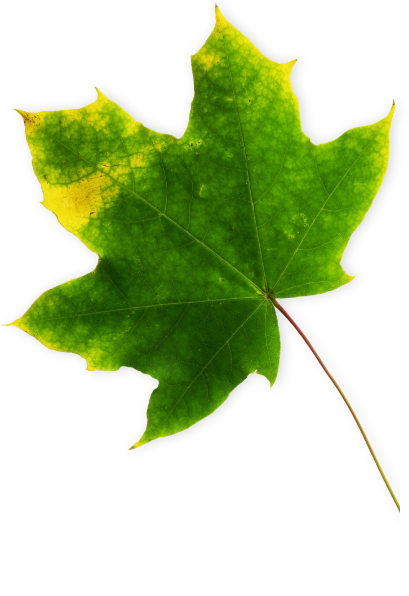Temperatures are rising and you are spending more time outdoors. You have also probably been swatting away mosquitos and other pesky bugs. Have you been thinking about mosquito control for your yard? Did you know there are 51 species of mosquitos that occur in Massachusetts? Most of these mosquito species only bite birds or other animals. Most of the mosquito species that will bite humans will merely leave you with an itchy skin irritation. However, there are 8 species that may vector disease. You can read more about these specific mosquito breeds by clicking here.
 Mosquito Breeding Habits
Mosquito Breeding Habits
Different species of mosquitos prefer different water sources to lay their eggs, but the one thing they all have in common is that they all need water to complete their life cycle. Some mosquitos prefer swamps or ponds, salt marshes, unnatural water collections like old tires, bird baths or flower pots etc. If water kept moving like in a fountain it will be less attractive to most mosquitos which prefer still stagnant water. Managing standing water is the primary way to control mosquitos for the long term. Depending on the mosquito species they do not need large amounts of water to breed and can complete their life cycle in as little as a bottle cap full of water. Therefore, anything that can collect water is potentially a breeding ground for mosquitos.
Mosquito Life Cycle
Mosquitos go through complete metamorphosis. They will lay their eggs in a suitable wet location that will eventually flood or in standing water. It takes about 2 days for the eggs to hatch into larvae. The larvae will feed and molt for several days before pupating for another 2 days. It will take anywhere from 7-10 days for mosquitos to develop into biting adults. As soon as the adult mosquito emerges, they are ready to search for their first meal.
Turning out any standing water at least weekly can greatly reduce the mosquito population in your yard. In places where water collects, but you cannot drain or dump out regularly you can use a larvicide containing a natural insecticide called Bacillus thuringiensis israelensis (Bti). However, mosquitos can also fly very long distances, as much as several miles from where they breed. It is not just important for you to do what you can in your own yard, but the neighborhood as a whole.
Mosquito Control
Because you cannot control all the mosquitos that will be flying into your yard there are some other things you can do to protect yourself. Wearing long sleeve close and long pants, avoiding dusk to dawn activities when most mosquitos are active. Some species will be active during the day, but mainly adult mosquitos will spend the day resting in damp shaded locations. Mosquitos are able to seek us out because they are sensitive to our body heat and the carbon dioxide we breathe out.
 Repellents containing DEET are effective at preventing bites on exposed skin. Female mosquitos are the only ones that bite and they only need blood to lay their eggs. Mosquitos can survive on plant nectar if they cannot find a suitable host. A female mosquito may bite as many as 10 times in its life and lay hundreds of eggs each time.
Repellents containing DEET are effective at preventing bites on exposed skin. Female mosquitos are the only ones that bite and they only need blood to lay their eggs. Mosquitos can survive on plant nectar if they cannot find a suitable host. A female mosquito may bite as many as 10 times in its life and lay hundreds of eggs each time.
Perimeter sprays can knock down populations in the yard and help to repel mosquitos form entering from nearby untreated areas, but because they can fly such distances treatments need to be made regularly depending on the weather and rainfall. We can utilize both organic and traditional insecticides depending on your preferences and local population.
We primarily treat for mosquitos between Memorial Day and Labor Day about every 2 weeks. Additional applications can be made early and late in the season to control ticks as well.
Please give us a call at 781-297-3674 or email info@naturaltree.com for your free quote on our Organic Mosquito Control Program.
